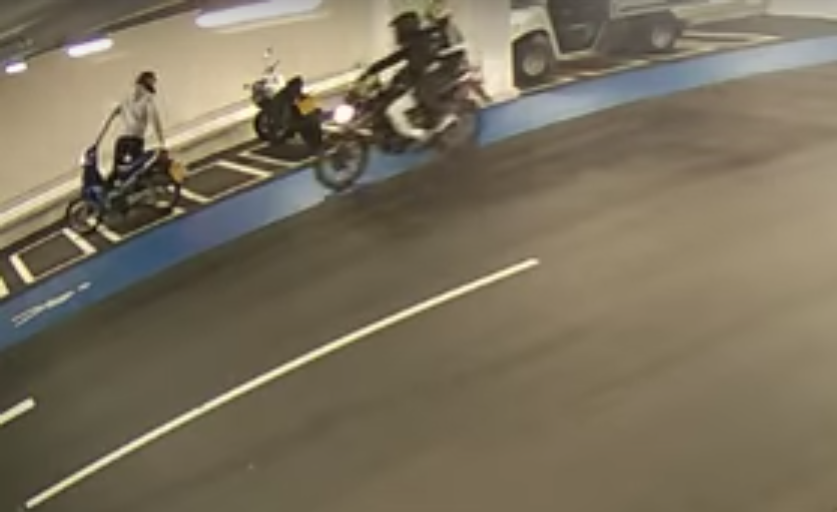'Distressed' clothing shows the consequences of crashing without protective gear
Highways England is campaigning to keep young riders protected on the roads

‘DISTRESSED’ clothing is all the rage right now, with torn jeans, jackets and scuffed boots lining shop rails.
But while these pre-stressed items may cost less than a day’s wages, Highways England is asking young riders to consider the cost of wearing such fashionable and unprotective items while riding.
In a short, thought-provoking video, the government-owned organisation shows young riders – a high risk category of motorcyclists who are over 2.5 times more times likely to be injured than someone more experienced – browsing through a ‘Distressed’ pop-up shop in Shoreditch.
However, these ripped and bloody items cost more than just pound sterling. The price displayed on each item is the injuries incurred by crashing while wearing it.
‘COST: A shattered pelvis, part paralysis and two weeks in intensive care,’ reads one sobering label, leaving the shoppers visibly shocked.
‘Over 2,500 young riders were killed or seriously injured last year,’ reads a stark caption. ‘Riding without protective clothing could cost more than you think.’
According to government figures, young riders account for only 15 per cent of motorcyclists in Great Britain but represent more than 38% of rider casualties.
‘The mental and physical cost of not wearing the right motorcycle gear can be far greater than the financial cost,’ Stuart Lovatt, Strategic Road User Safety Lead at Highways England said.
‘Most young riders will come off their bikes at some point - whether you have popped round the corner for a pint of milk or you are riding further afield to see friends or get to college, you need to be prepared.
‘Our campaign is designed to encourage discussion around wearing protective clothing and parents can play their part too. The consequences of coming off two wheels at any speed can be more severe than you would think - making sure [young riders] are wearing rip-proof clothing as well as the essentials like a helmet, sturdy gloves and footwear can help protect your loved one.’

